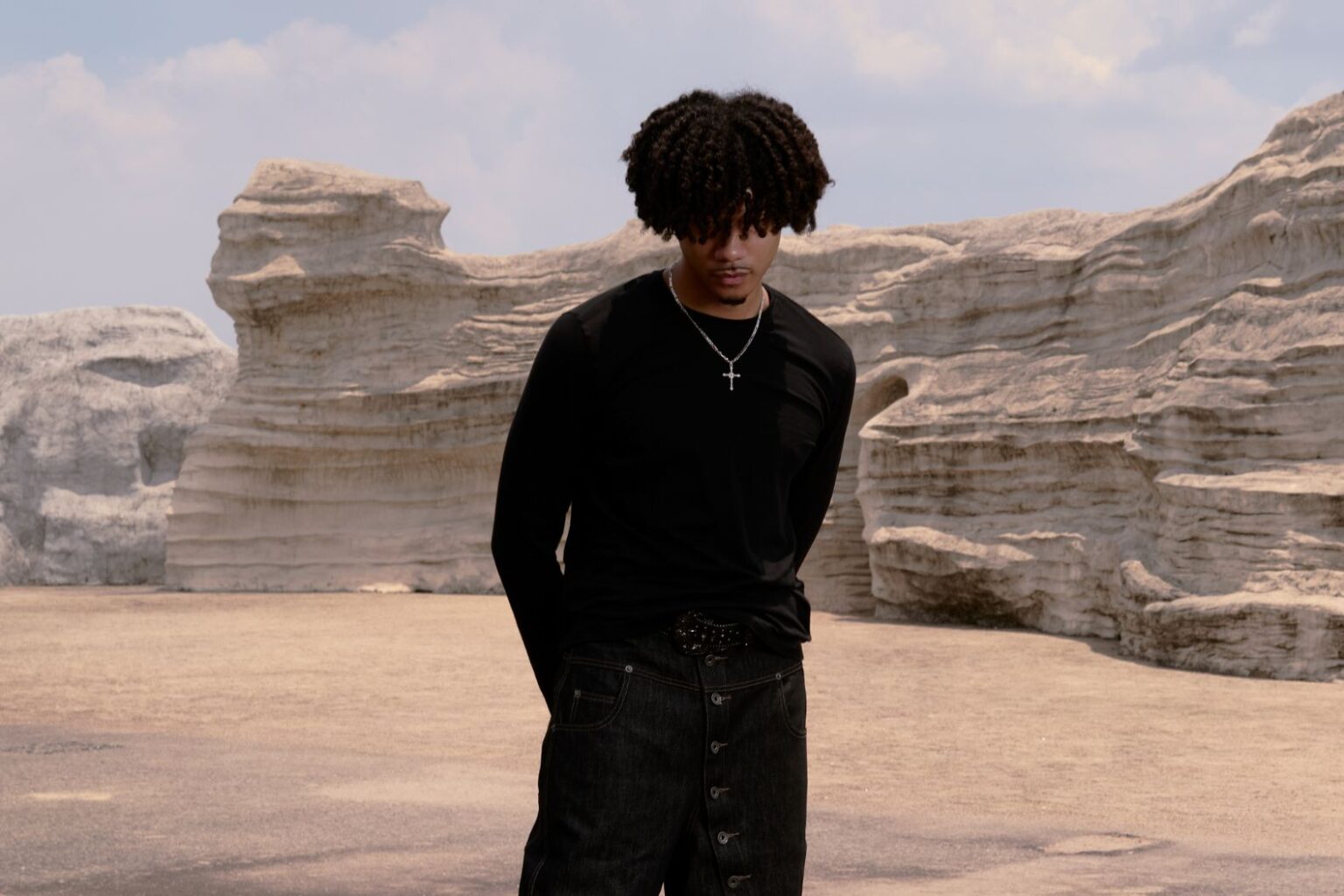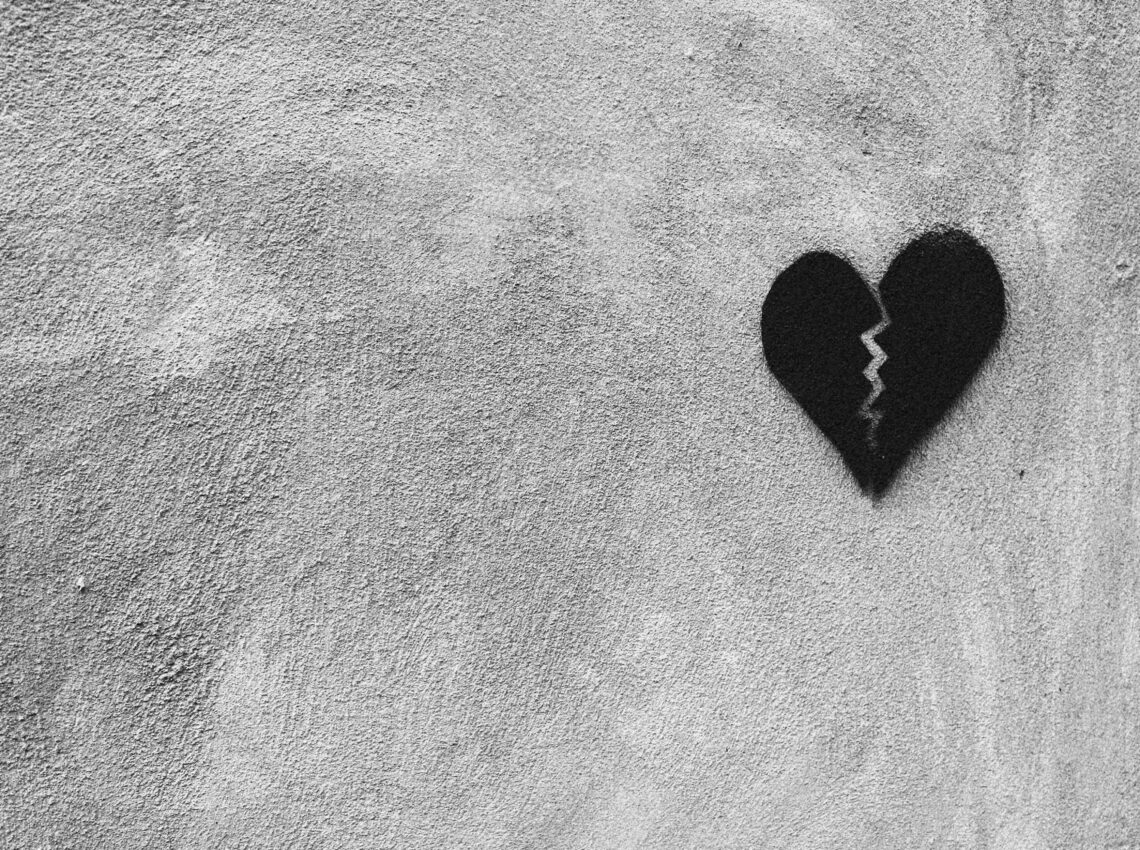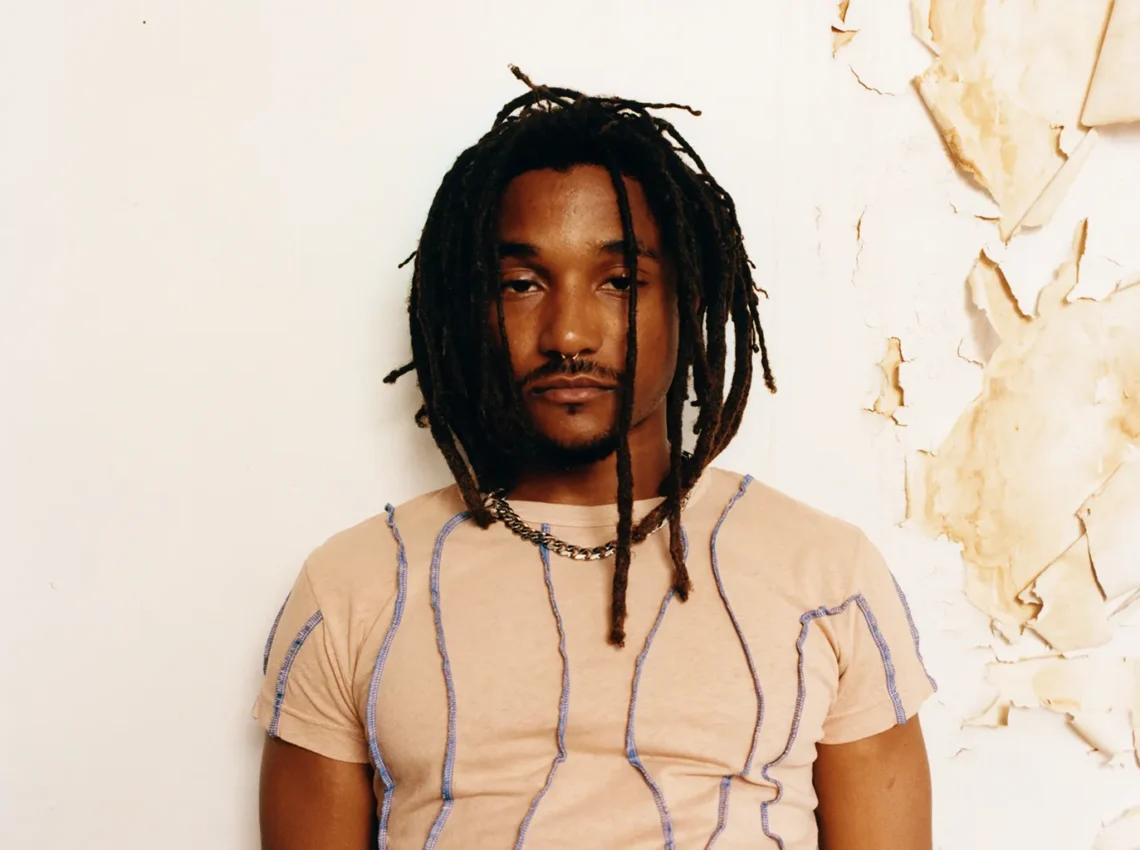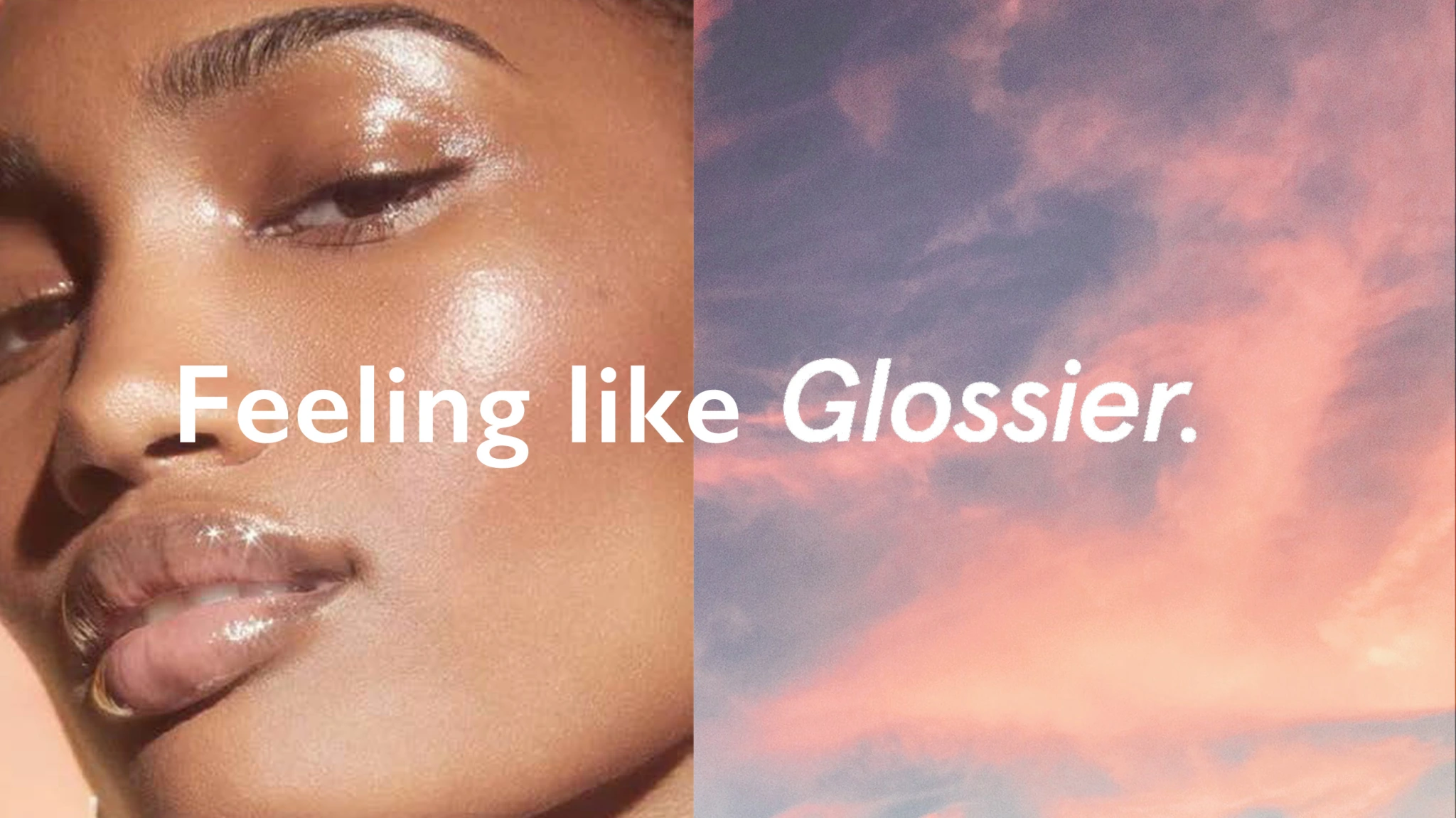Where Did All the Black Boy Bands Go?
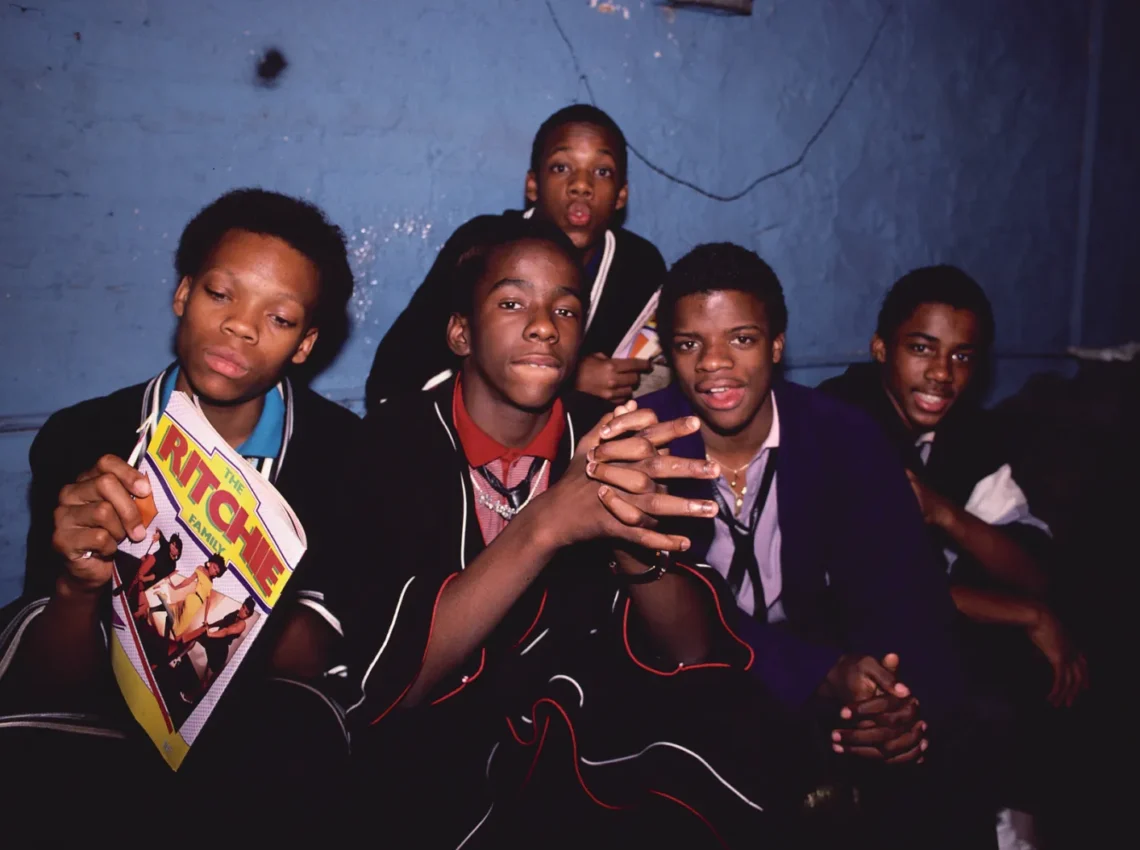
They were choreography and communion and used to wear matching outfits, white linen suits or oversized leather jackets, all standing in formation like a heartbreak collective. You could count on them to harmonize not just vocally, but emotionally. One boy would sing the lead, his voice cracking on the high notes like a man trying not to cry. The others, arms outstretched behind him, echoed his pain with perfect precision. Boy bands, Black boy bands, once meant something more than synchronized steps and the high-pitched shriek of teenage want.
They harmonized like brothers because maybe they were. Not always by blood, but by bravado, by bruised knuckles from label politics, by ballads sung like confessions you weren’t supposed to hear. And yes, girls screamed, but so did the rest of us, quietly, when the lights went out and someone like Slim, or Omarion, or Ralph sang the line that made you remember someone you weren’t ready to forget.
Not the slick, marketing-engineered clones that flooded MTV, but the groups who sang like they had something to lose. Who wore their trauma on their sleeves and choreographed around it. Who turned heartbreak into harmonies and group chat-worthy drama into Billboard chart magic. New Edition walked so B2K could moonwalk in Timberlands. Jagged Edge made weddings feel like street confessions. 112 turned hotel rooms into spiritual sanctuaries. And Boyz II Men? They made your mom, your auntie, and your little cousin all cry in the same 4-minute stretch. But now?
Now, it’s quiet.
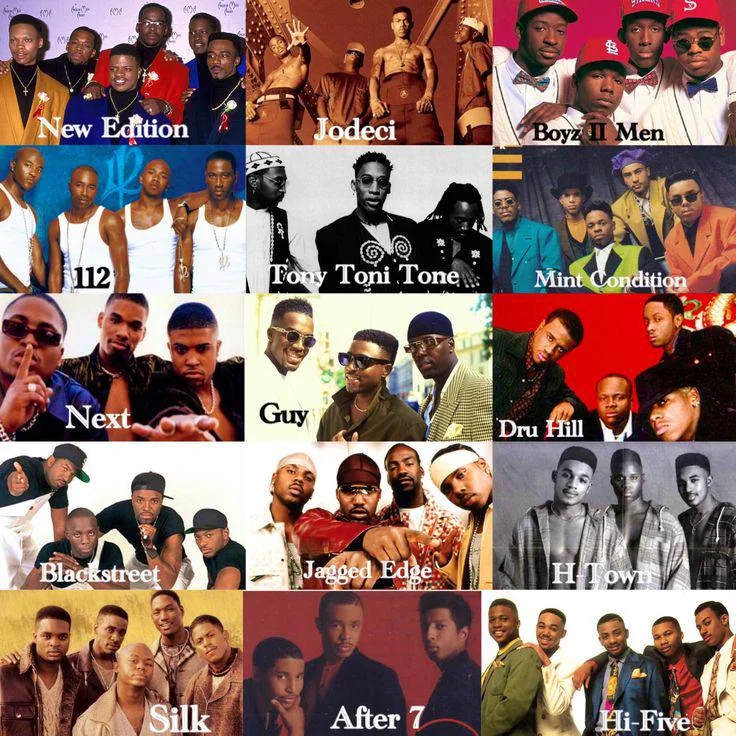
Scroll the charts today and you’ll find R&B is still here, albeit more ambient, more solo, more moody but the boy band? That thing that made you wish you had a crew just to harmonize with during lunch period? That’s missing. And not just missing. It feels abandoned. So where do all the Black boy bands go?
The last time I remember feeling that magic was watching Day26 on Making the Band. The tensions. The vocal battles. The basement arguments between Robert and Que that looked more like therapy than rehearsal. And then they sang. And suddenly, everything made sense. Their chaos created harmony. But it didn’t last.
Neither did B5. Or Brutha. Or Mindless Behavior. Or Next Town Down. Or any of the other torchbearers who tried to bring boy bands into the streaming era. You might remember their names, if you squint hard enough. You might still hum their hooks, if you let nostalgia kick in. But they didn’t stick, not like the boy bands who had entire eras behind them. So the question burns louder now than ever, what happened?
Let’s not pretend we don’t know some of the answers. Part of it is industry economics. Labels got tired of investing in four or five personalities, managing egos and splitting profits. It’s easier now to bet on one moody guy with a laptop and a TikTok following than a whole group with matching jackets and opinions. The algorithms don’t reward harmony. They reward virality. And the very thing that made boy bands magical, their unity, now feels like a logistical nightmare in the age of hyper-individual branding.
Another piece? R&B’s cultural shift. R&B used to be about begging. Pleading. Standing in the rain for a girl who didn’t text back. It was emotional. But somewhere along the way, emotional became corny. Vulnerability became less marketable than aloof coolness. Even Drake, the patron saint of emo boys, sings and raps like he’s above it all now. We no longer reward confession. We reward detachment.
Boy bands don’t work in detachment and then there’s race. Let’s be real, Black boy bands have always had a shorter leash than their white counterparts. New Kids on the Block got to fade and come back. So did *NSYNC, the Backstreet Boys, and One Direction. But Black groups get one shot, maybe two, before they’re seen as outdated, dramatic, or replaceable.
Even New Edition, with all their accolades, had to claw their way back into relevance through miniseries retrospectives and reunion tours. What’s wild is that the desire hasn’t gone anywhere. Go on YouTube. Watch the thousands of fan-made edits of Day26 vocals. Watch the comment sections under Jagged Edge live performances. Fans still care. Girls who were teenagers in 2005 are now grown-ass women showing their daughters clips from BET’s 106 & Park like they’re heirlooms. The demand exists. The blueprint exists. The heartache still exists.
So why aren’t the labels listening? Maybe it’s because they think boy bands are too “niche.” Or maybe they don’t know how to market four to five young Black men unless they’re rappers or athletes. But that’s their lack of imagination, not ours. Because what boy bands gave us wasn’t just music, it was reflection. It was the ability to see ourselves soft. Sensitive. Romantic. Loyal. Flawed. Beautiful. It gave us friendship as an aesthetic. Brotherhood as a business model. And we need that again.
We need it for the next generation of Black boys growing up thinking love songs are soft and teamwork is weakness. We need it for the girls who still want to feel chosen, by not just one man, but a chorus of them, all trying to out-sing each other for her heart. We need it because R&B without boy bands feels like peanut butter with no jelly. The solo acts are incredible. But the groups? That’s where the magic lives.
So what would a modern Black boy band even look like? They wouldn’t have to wear matching outfits, though let’s be honest, matching looks still slap. They wouldn’t have to stick to traditional ballads (we’re past that). But they’d need a sound. A chemistry. A reason to exist as a group and not just a playlist of solo verses stitched together. They’d need to show us love in every shade, jealousy, regret, euphoria, doubt. They’d need to dance again, not just for TikTok but for us. And most of all, they’d need a platform that respects what they bring to the table.
Maybe the solution isn’t begging the majors. Maybe it’s building the next Black boy band on our own terms. Through YouTube series. Through live sessions. Through digital storytelling that reminds us why this format still matters. Because if we don’t do it, they’ll rewrite the history books to say that One Direction invented the boy band.
And we all know that’s a lie. We had Troop. H-Town. Dru Hill. Jodeci. 112. Jagged Edge. B2K. Pretty Ricky. Day26. We had heart. So when you ask yourself, where did all the Black boy bands go? Just remember they didn’t vanish. They were displaced. Rebranded. Ignored. But they’re still inside us, humming in our AirPods during late-night drives, archived in our playlists, ready for resurrection.
All they need is the right beat, the right group of voices, and a reason to sing again. Maybe that reason is us.




